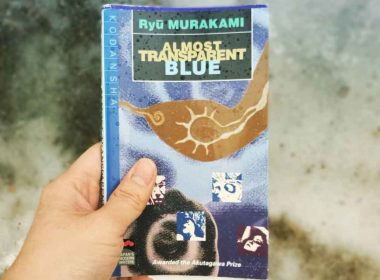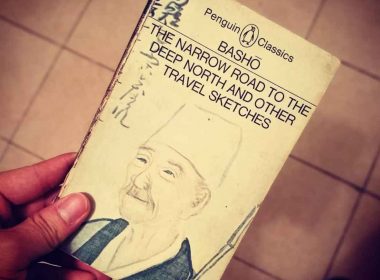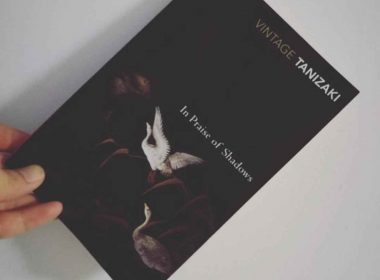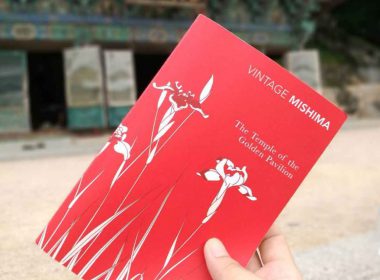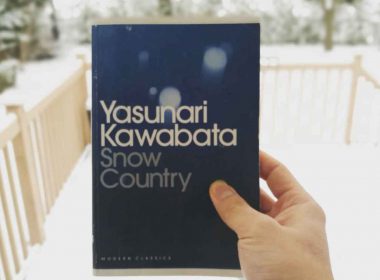The first book for amateurs on Bitcoin by Andreas Antonopoulos, the educator of Bitcoin. (I have read the second volume and have the book review up already.) The second volume is much more interesting, and […]
Tag: instabooks
Almost Transparent Blue by Ryu Murakami
What an imagination—and if not wrested out from the imagination to be put on a blank page, what a life! Ryu Murakami’s Almost Transparent Blue shook me violently, coming from Kawabata as I was. The novel […]
The Narrow Road to the Deep North and Other Travel Sketches by Basho
I was reading this six months ago when I was stuck in Paris for some weeks (thought I lost my passport). What an epic journey it must have been for Basho, the renowned Japanese poet, […]
The Sailor Who Fell from Grace with the Sea by Yukio Mishima | Japan book reviews
A strange story that could not have been written by anyone else other than Mishima. A group of five teenagers raised in solidly middle class families form a gang joined by a sense of nihilistic discontent […]
In Praise of Shadows by Junichiro Tanizaki
After reading Snow Country by Yasunari Kawabata, I wanted to learn more about Japanese aesthetics and the inspiration for Kawabata’s writing technique. In Praise of Shadows by renownede Japanese writer Junichiro Tanizaki elaborates on Japanese […]
The Samurai by Shusaku Endo: Japanese Literature Book Review
The novel is set in the 17th century and follows a four-year journey made by a group of low-ranking samurai (and retainers) sent on a diplomatic mission by a faction of the Japanese government to […]
The Temple of the Golden Pavilion by Yukio Mishima : Japanese Literature Book Review
An infinitely interesting investigation into the great question beauty. This first time around, I could not recognize if Mishima enounciated a coherent theory of aesthetics or if what was written was a confused collection of […]
Snow Country by Yasunari Kawabata
Snow Country starts (and ends) with Yoko, a girl with “such a beautiful voice that it struck one as sad.” Shimamura is only permitted an indirect apprehension of her through Kawabata’s window-mirror (there is an […]



